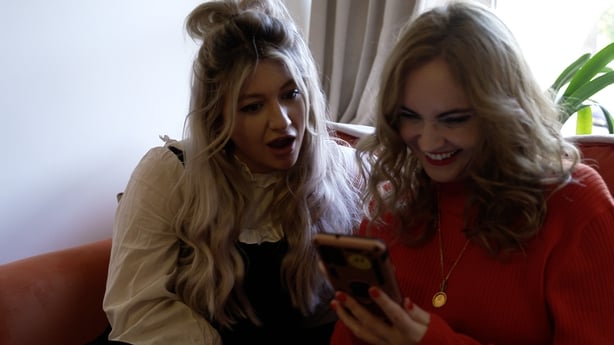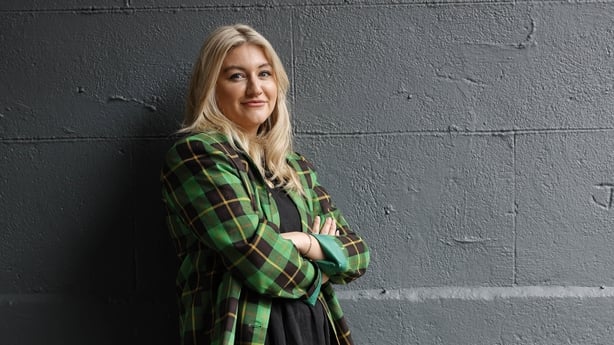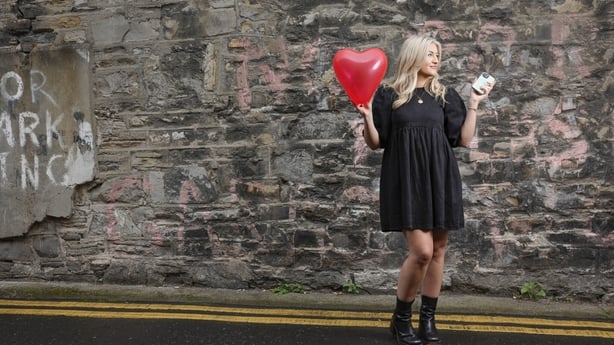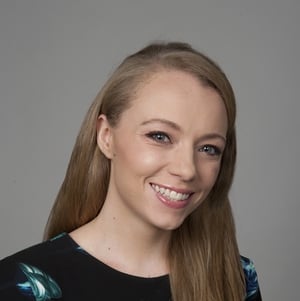"I could create an account right now with your photograph and your name," Aoife Moore tells me.
No, the journalist is not threatening to sign me up on Tinder, but outlining the frightening lack of regulations surrounding dating apps.
Despite being around for over 10 years now, the sites that promise to help singles find their perfect match in a sea of strangers seem to have fallen short when it comes to protecting those vulnerable enough to put their hearts on the line.
"There's no reason that I can think of where you wouldn't make verifying your account compulsory," says the Derry native. "The option is there, the AI technology is there, so I'm really struggling to see why they wouldn't have that."
At time of writing, Tinder's non-mandatory photo verification is sold as an opportunity to show potential matches that "you really look like your photos", however, it is not a guarantee of the authenticity, and the app encourages users to use their "best judgment" and follow their safety tips.

From catfishing and romance scamming, to identity theft and image-based abuse, the internet remains largely unregulated, but efforts are being made.
In the show, Aoife meets the people who are trying to protect women from online predators and examines how online dating has become a staple of modern romance.
"When it comes to predators and people with negative intentions, dating apps are just a breeding ground because everyone is already there," she insists.
"A lot of people my age aren't worried about getting ripped off, we don't have any money anyway," she adds, laughing, "but older women who might have got divorced and have never gone online dating before, they might not recognise the red flags."

Romance scams, she says, are particularly insidious because victims are often too embarrassed to report the crime, leaving the culprits free to move onto their next target.
"I was surprised when I spoke to the Gardaí to hear just how common it is," she admits. "That's the worst part of being scammed on a dating app or attacked by someone met online, people are embarrassed to say 'I went and met this stranger' or 'I gave this person money'."
"But they shouldn't be," she insists. "This is how people operate in modern life now. I think the stigma comes from the fact that you are vulnerable, but everybody wants companionship. It's awful to have that vulnerability used against you."
"That's the most poisonous part of it," she adds. "In the documentary, I talk about how, when I was younger, I got mugged, but at least when I was mugged it was over in a couple of seconds.
"With romance scams, not only are you down money, but you're left heartbroken as well."

Aoife herself has never joined the dating apps, but, having been outspoken about her own experiences with online abuse in the past, she brings a personal understanding to just how deeply the actions of others can cut - even if they only exist online.
"I've become really protective of the women that we spoke to in the documentary," she admits, outlining some of the stories, which range from an older woman being scammed out of thousands of euro, to a young girl becoming pregnant early on in a relationship, only to find out that the father was out on bail at the time.
"Years ago, your mammy would have told you not to speak to strangers on it the internet, but now we actively go and seek them out," she says, insisting that support systems and regulations need to move at pace with technology.

Since the age of 28, Moore has been receiving abusive and sexualised messages from anonymous trolls. At one stage, the messages escalated to death threats, leaving the journalist to seek help from the guards and begin weekly counselling.
To this day, the now 32-year-old receives hate online, but insists the messages only serve to spur her on:
"It has profoundly affected me and how I carry myself publicly, I am hyper-aware about everything, but I can't let it affect my life," she says.
"The more people want me to go away and be quiet about issues that face women, it just makes me want to stay around longer because I feel like we're getting somewhere."
Fools for Love? airs on Wednesday, 4 October at 9.35pm on RTÉ One.
If you have been affected by issues raised in this story, please visit: www.rte.ie/helplines.

